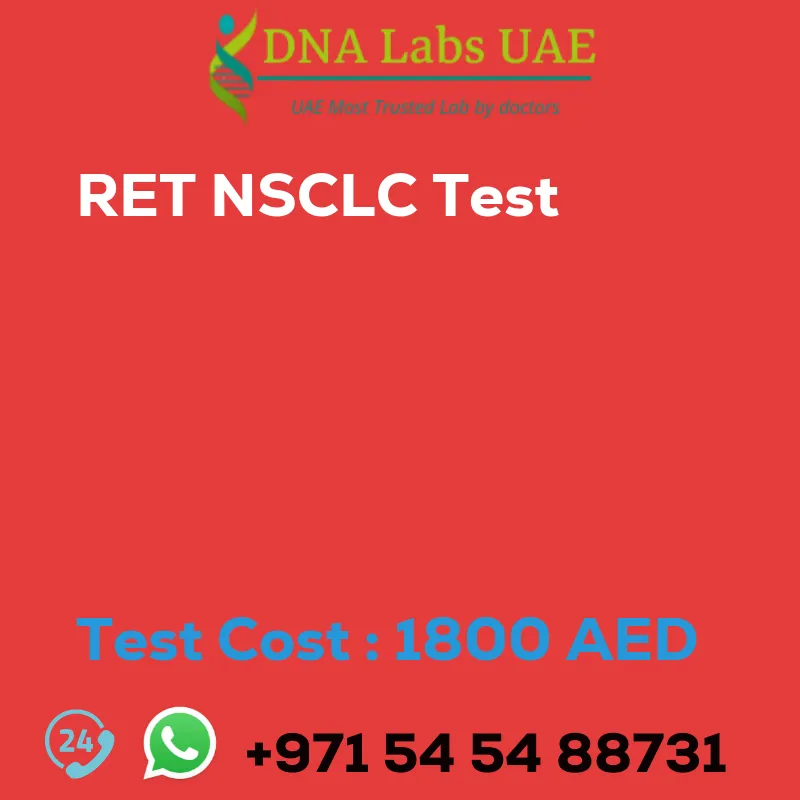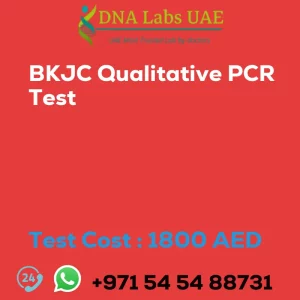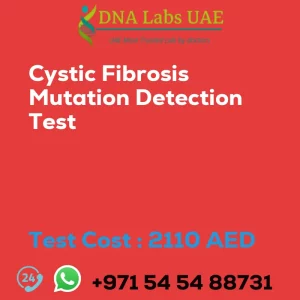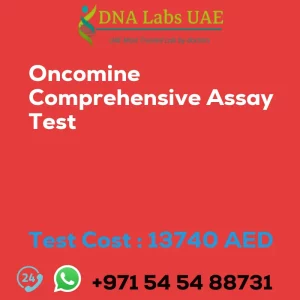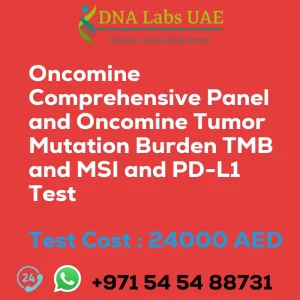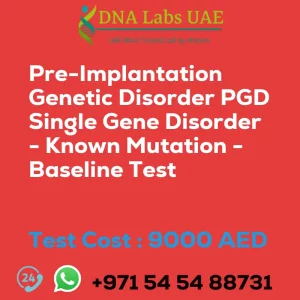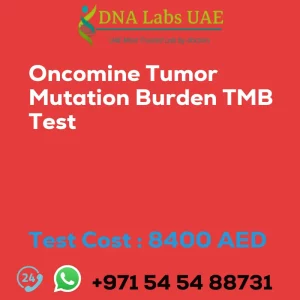RET NSCLC Test Cost AED: 1800.0 – Symptoms, Diagnosis, and More
Are you concerned about non-small cell lung cancer (NSCLC)? At DNA Labs UAE, we offer the RET NSCLC Test to help diagnose and treat this condition. Read on to learn more about the test details, cost, symptoms, diagnosis, and more.
Test Name: RET NSCLC Test
Components:
- Paraffin embedded tissue blocks
Price:
1800.0 AED
Sample Condition:
Tumor tissue
Report Delivery:
7-8 days
Method:
FISH (Fluorescence In Situ Hybridization)
Test Type:
Genetics
Doctor:
Oncology
Test Department:
Genetic Testing
Pre Test Information:
RET (NSCLC) test can be done with a doctor’s prescription. Please note that the prescription is not applicable for surgery and pregnancy cases or individuals planning to travel abroad.
Test Details:
The RET (rearranged during transfection) gene is responsible for encoding a receptor tyrosine kinase. It is primarily associated with the development of non-small cell lung cancer (NSCLC), specifically a subset known as RET fusion-positive NSCLC. In RET fusion-positive NSCLC, the RET gene fuses with other genes, resulting in the production of abnormal RET fusion proteins. These fusion proteins have constitutive kinase activity, leading to uncontrolled cell growth and proliferation.
While RET fusion-positive NSCLC accounts for a small percentage of all NSCLC cases, it has been identified as a target for therapy. Promising results have been observed in clinical trials using RET inhibitors, such as selpercatinib and pralsetinib, for the treatment of RET fusion-positive NSCLC. Genetic testing is usually conducted to identify patients with this specific type of NSCLC, as targeted therapy with RET inhibitors has shown improved outcomes for these patients.
If you are experiencing symptoms of NSCLC or have been diagnosed with NSCLC, the RET NSCLC Test can provide valuable information for your treatment plan. Book your appointment with DNA Labs UAE today and take a step towards better health.
| Test Name | RET NSCLC Test |
|---|---|
| Components | Paraffin embedded tissue blocks |
| Price | 1800.0 AED |
| Sample Condition | Tumor tissue |
| Report Delivery | 7-8 days |
| Method | FISH |
| Test type | Genetics |
| Doctor | Oncology |
| Test Department: | |
| Pre Test Information | RET (NSCLC) can be done with a Doctors prescription. Prescription is not applicable for surgery and pregnancy cases or people planing to travel abroad. |
| Test Details |
RET (rearranged during transfection) is a gene that encodes a receptor tyrosine kinase. It is primarily associated with the development of non-small cell lung cancer (NSCLC), specifically a subset of NSCLC known as RET fusion-positive NSCLC. In RET fusion-positive NSCLC, the RET gene fuses with other genes, resulting in the production of abnormal RET fusion proteins. These fusion proteins have constitutive kinase activity, leading to uncontrolled cell growth and proliferation. RET fusion-positive NSCLC accounts for a small percentage of all NSCLC cases, but it has been identified as a target for therapy. Several RET inhibitors have been developed and approved by the FDA for the treatment of RET fusion-positive NSCLC, including selpercatinib and pralsetinib. Genetic testing is usually conducted to identify patients with RET fusion-positive NSCLC, as targeted therapy with RET inhibitors has shown promising results in clinical trials, leading to improved outcomes for these patients. |

